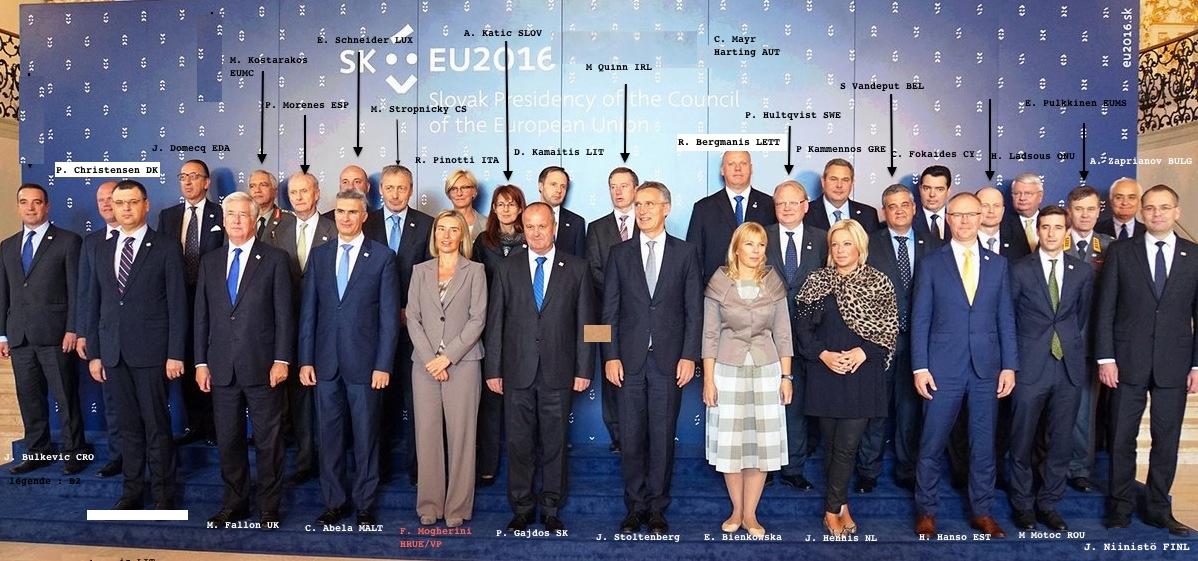CIG 2007 Why did the Dutch defend public services?
(B2) If today there is a protocol on Services of Economic Interest (SGEI) in the draft European Treaty, we must recognize its essential paternity… in the Netherlands. A proposal – which met with weak support from the Belgians, Luxembourgers and French – but a positive reception from the Germans.
A real surprise, the real surprise of this new treaty!
Few diplomats or experts bet, indeed, a few weeks ago, on the incorporation of a “social” protocol to the new treaty. To the point that the first reactions have forgotten this point (surprisingly to the Socialist Party, yet an ardent defender of this subject). The existence of this protocol also obliges the European Commission – reluctant to say the least on the issue – to produce work that is a little more ambitious on SGIs and SGEIs than those released or planned so far.
The decisive "social housing" file
This Dutch determination is explained by a contentious file with the European Commission. The Netherlands has been under investigation by DG Competition since July 2005 on the compatibility of state aid to social housing cooperatives, an investigation which is still ongoing, DG Competition has been told. Competition.
The Netherlands is in fact the European Union country with the highest number of social housing units per inhabitant (36% of the population lives in the subsidized rental sector. And the 600 cooperatives - often linked to local authorities - They play a key role.They hold 75% of rental housing (individuals own 12% and institutional investors and real estate development companies and construction companies the remaining 13% of the market).The sector benefits from several aid schemes : reorganization subsidies, project subsidies, financial guarantees, exemption from corporation tax, transfer tax, borrowing capacity from the Bank of the Dutch Municipalities (BNG) Device considered to distort competition outside the country's borders, according to the Commission, because it can deter European investors.
Social diversity in the crosshairs of DG Competition
In particular, the Commission criticized the mixing of genres – cooperatives also having commercial activities – and the overlapping of subsidies. She also criticized the concept of social mix, believing that “the housing activities of cooperatives do not remain limited to the socially disadvantaged. In the event of overcapacity, the housing cooperatives rent the accommodation to people with relatively high incomes, thus disadvantaged commercial competitors who do not receive public aid”.
The solution put forward by the Dutch authorities, which consists in limiting the maximum value of dwellings likely to be considered as “social housing”, does not solve this problem. The government has proposed various measures such as introducing a ceiling on resources for access to social housing (33.000 euros), separating the commercial and public service activities of the cooperatives, and specifying their public service missions, as well as make subsidies more transparent, particularly in urban restructuring operations.
Other Cases in pipes
DG Competition handled two other cases in the field of social housing. One concerns a complaint by the European Property Federation against Sweden's social housing system, claiming that the government has gone beyond its traditional role of fighting segregation in the housing of the most disadvantaged. The other resulted in a prohibition decision. In March 2005, the Commission had in fact considered as contrary the system of exemption from tax on property transfers for Berlin housing companies ; covering the whole of Berlin, and not only the “islands of precariousness”, “the aid is disproportionate”, she estimated.
